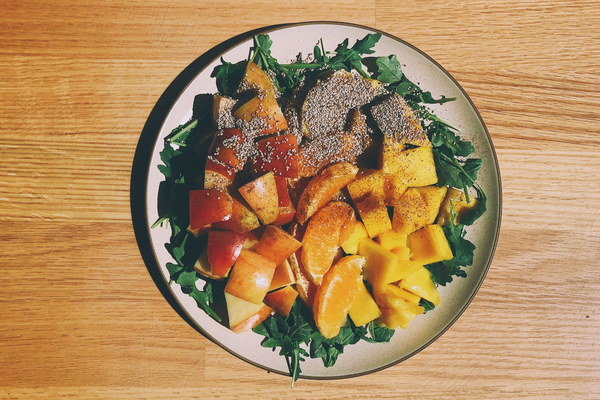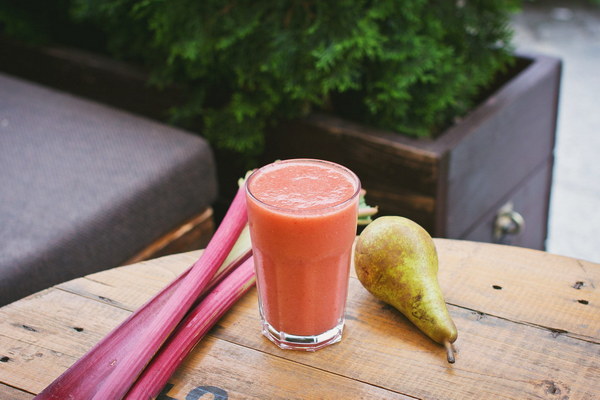Boost Your Health with Potassium-Rich Foods A Comprehensive Guide to Nutritional Supplementation
Introduction:
Potassium, an essential mineral, plays a vital role in maintaining overall health and well-being. As an electrolyte, it aids in muscle contractions, nerve function, and maintaining fluid balance in the body. While most people meet their daily potassium requirements through diet, some may benefit from incorporating potassium-rich foods into their meals. This article explores the importance of potassium, its benefits, and how to incorporate potassium-rich foods into your diet.

The Importance of Potassium:
Potassium is crucial for several bodily functions:
1. Nerve Function: Potassium helps transmit electrical impulses through the nervous system, enabling muscle contractions and maintaining a regular heartbeat.
2. Muscle Function: Potassium is essential for muscle contractions, including those in the heart, which helps maintain a regular heartbeat and prevents muscle cramps.
3. Fluid Balance: Potassium helps maintain the balance of fluids in the body, ensuring proper kidney function and reducing the risk of high blood pressure.
4. Bone Health: Adequate potassium intake may help protect against osteoporosis by reducing the loss of calcium from the bones.
5. Heart Health: A diet rich in potassium can lower the risk of heart disease and stroke by counteracting the harmful effects of sodium.
Benefits of Consuming Potassium-Rich Foods:
Incorporating potassium-rich foods into your diet offers numerous health benefits:
1. Improved Heart Health: Potassium helps lower blood pressure and reduces the risk of heart disease and stroke.
2. Enhanced Nerve Function: Adequate potassium intake can improve nerve function and reduce the risk of neurological disorders.
3. Better Muscle Function: Potassium ensures proper muscle contractions, reducing the risk of muscle cramps and fatigue.
4. Balanced Fluid Levels: Potassium helps maintain fluid balance, ensuring proper kidney function and reducing the risk of kidney stones.
5. Enhanced Bone Health: Adequate potassium intake may help protect against osteoporosis by reducing the loss of calcium from the bones.
Incorporating Potassium-Rich Foods into Your Diet:
1. Fruits: Bananas, kiwis, apricots, oranges, and avocados are excellent sources of potassium.
2. Vegetables: Broccoli, spinach, sweet potatoes, and tomatoes are rich in potassium.
3. Legumes: Beans, lentils, and chickpeas are great sources of potassium.
4. Dairy Products: Milk, yogurt, and cheese contain potassium.
5. Nuts and Seeds: Almonds, sunflower seeds, and chia seeds are good sources of potassium.
6. Meat and Fish: Pork, chicken, and fish contain potassium.
Tips for Increasing Potassium Intake:
1. Add fruits and vegetables to your meals and snacks.
2. Include legumes, nuts, and seeds in your diet.
3. Use potassium-fortified foods and beverages.
4. Avoid excessive salt intake, as it can reduce the absorption of potassium.
Conclusion:
Potassium is an essential mineral that plays a significant role in maintaining overall health. By incorporating potassium-rich foods into your diet, you can reap the numerous health benefits associated with this vital mineral. Remember to maintain a balanced diet and consult with a healthcare professional before making any significant dietary changes.









